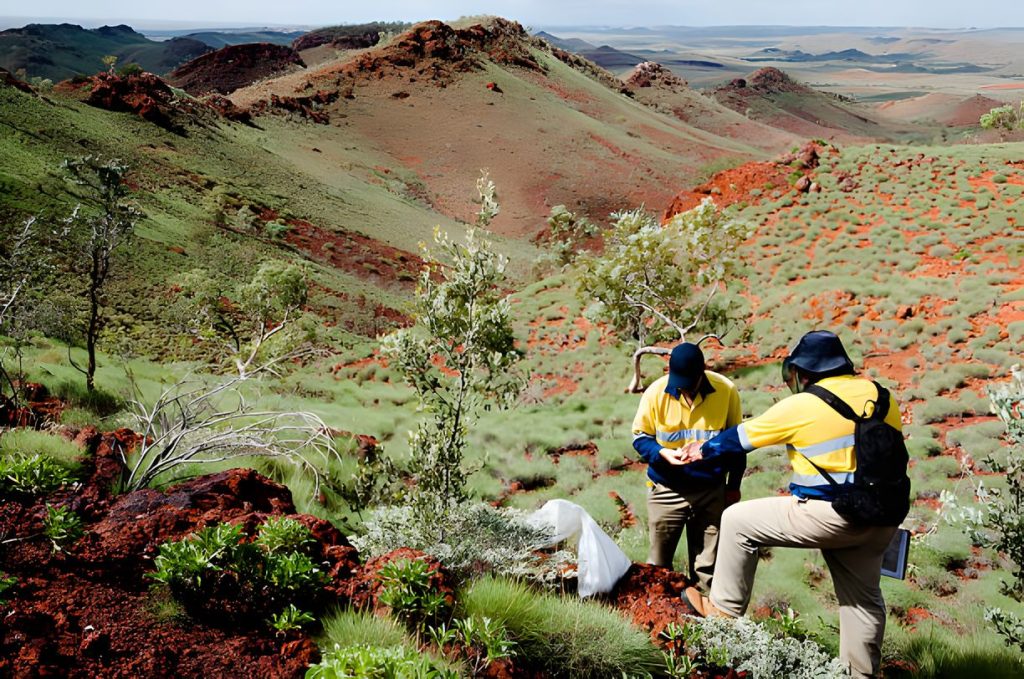Indigenous Nations Collaborate with B.C. Government on Mineral Tenure Reform

By Editorial Assistant
The reform of the Mineral Tenure Act (MTA) in British Columbia has emerged as a pivotal initiative in the province’s resource management strategy. In light of the recent decision in the case of Gitxaala v British Columbia, the B.C. government recognized the need to modernize both the MTA and the Mineral Tenure Online (MTO) systems to better align with contemporary stakeholder expectations and environmental standards.
The primary objectives of the MTA Modernization include reforming the processes surrounding mineral claims, improving transparency, and enhancing the consultation framework with Indigenous Nations. These reforms are designed to ensure that resource development respects Indigenous rights while facilitating economic growth within the mineral exploration and mining sectors. Stakeholders have voiced a mixture of hope and concern regarding the pace and inclusivity of the reform process, emphasizing the need for careful consideration to prevent adverse impacts on communities and the environment.
The reform process hinges on the establishment of mutual agreements that recognize the interests of Indigenous Nations alongside those of the mining industry. These agreements are vital for ensuring that projects are developed sustainably and that the benefits of resource extraction are equitably shared. Ongoing communication strategies must be employed to keep Indigenous communities informed and engaged, ensuring their perspectives and feedback are incorporated into the modernization discussions.
The Association for Mineral Exploration (AME) has released a comprehensive “What We Heard” report capturing feedback from a broad array of stakeholders concerning the MTA Modernization effort. This report, derived from extensive consultations with members, Indigenous groups, and other stakeholders, highlights the multifaceted dynamics underpinning the reform process.
Consultation methods included town hall meetings, online surveys, and one-on-one discussions, enabling a wide array of voices to be heard. Among the key findings was a consensus on the necessity for a clear consultation standard that adheres to the principles laid out in the ruling from Gitxaala v British Columbia. Members of AME expressed concerns about the government’s limited engagement with the mineral exploration industry, particularly regarding the timeline for feedback submissions, which some stakeholders deemed insufficient.
The report advocates for the government to prioritize the incorporation of member feedback into the MTA Modernization framework. Recommendations from the AME report stresses the importance of ensuring that independent prospectors and exploration companies are not marginalized in the new system, therefore protecting their interests while also aligning with the broader commitment to sustainability and responsible resource management.
The implications of the MTA Modernization for the mining industry are profound, particularly in the context of the growing demand for critical minerals. As the global economy shifts toward green technologies, the exploration and development of these minerals will become increasingly vital. This shift presents both challenges and opportunities for the mineral exploration sector in British Columbia.
